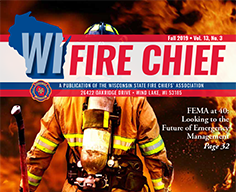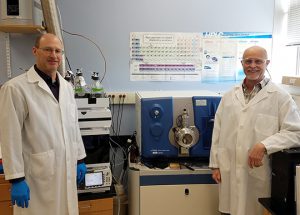Excerpted from an October 10, 2019, message sent to Wisconsin healthcare providers by the Wisconsin Division of Public Health’s Bureau of Environmental and Occupational Health
Since July 2019, the Wisconsin Department of Health Services (DHS) and local health departments have been investigating an outbreak of lung injury associated with recent e-cigarette use, or vaping.
We encourage health care providers to remain alert for patients with possible vaping-associated lung injury. Please continue to report vaping-associated lung injury to your local health department so that we can investigate these cases and work to prevent future illnesses. If your hospital or lab has clinical specimens for patients with possible vaping-associated lung injury, including bronchoalveolar lavage fluid, lung tissue, blood, or urine, please encourage your clinical laboratory to send them to the Wisconsin State Laboratory of Hygiene (WSLH) for further testing.
We have updated our dedicated vaping-associated lung injury webpage with tools for health care and lab professionals. You will find:
• Clinical fact sheet for vaping-associated lung injury
• Instructions for reporting cases along with a case report form and patient questionnaire
• Instructions for submitting clinical specimens to WSLH
We thank you for your ongoing support and work in this outbreak. Please contact DHS at 608-266-1120 or visit our webpage (https://www.dhs.wisconsin.gov/outbreaks/vaping.htm) for additional information.
 As a member of the national Laboratory Response Network, Wisconsin State Laboratory of Hygiene (WSLH) scientists work closely with the Type I, II and III State Asset HazMat Teams and serve as a testing and support resource in situations involving unknown substances or credible threats.
As a member of the national Laboratory Response Network, Wisconsin State Laboratory of Hygiene (WSLH) scientists work closely with the Type I, II and III State Asset HazMat Teams and serve as a testing and support resource in situations involving unknown substances or credible threats.